Scientist-led conferences at Harvard, Stanford and MIT
-

Small study shows Alzheimer’s drug significantly slows cognitive decline
A small study of an experimental Alzheimer’s drug from Biogen Idec significantly slowed cognitive decline and reduced what is believed to be brain destroying plaque in early and mid stage patients. The drug, Aducanumab, or BIIB037, was tested on 166 people, divided into five groups Each of four groups received a different dose. The fifth…
-
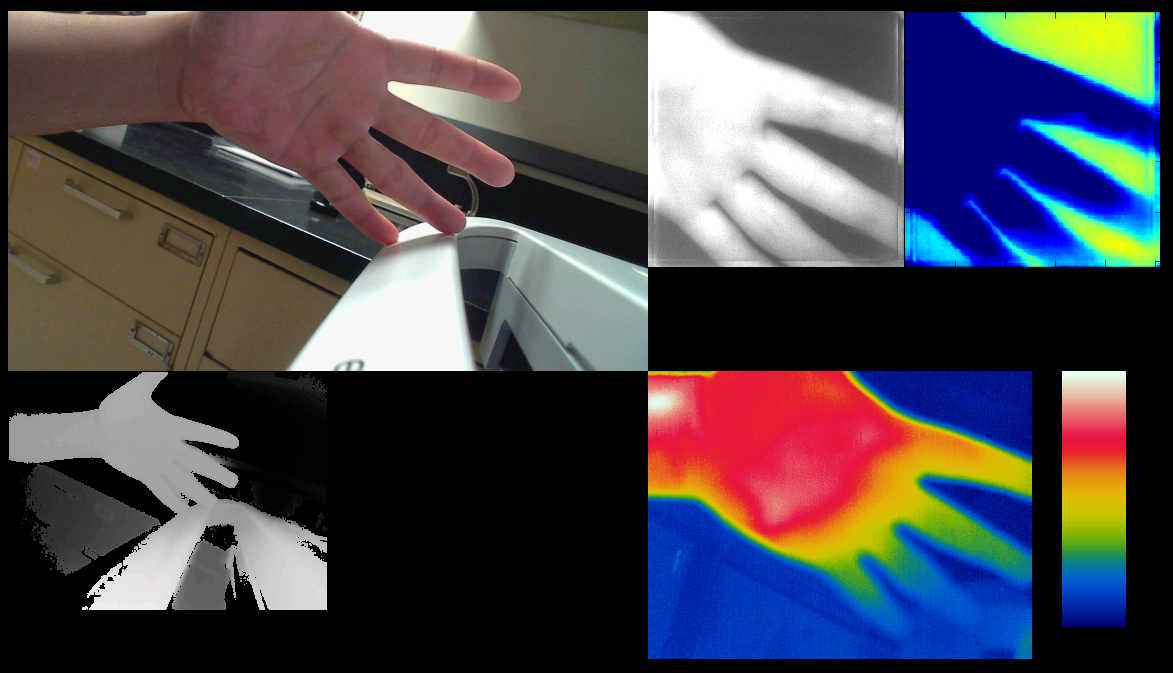
Sensor probe to prevent hospital pressure ulcers
GE and the US Dept of Veterans Affairs have developed a multi sensor probe to detect the earliest signs of pressure ulcer formation. The device combines computer vision with motion detection, thermal profiling, image classification, 3-D object reconstruction and vapor detection to identify patients at risk and improve treatment. Hospitals generally advise caregivers to turn…
-

Robot helps build social skills in autistic kids
Milo by RoboKind is a humanoid robot designed to engage and build social skills in children with autism. It is used with the company’s Robots4Autism curriculum which includes conversation, social situation, and emotional understanding modules. Milo is 2 feet tall, with a childlike voice and facial features. Its arms move and facial expression change. Sensors gauge eye contact, which is…
-
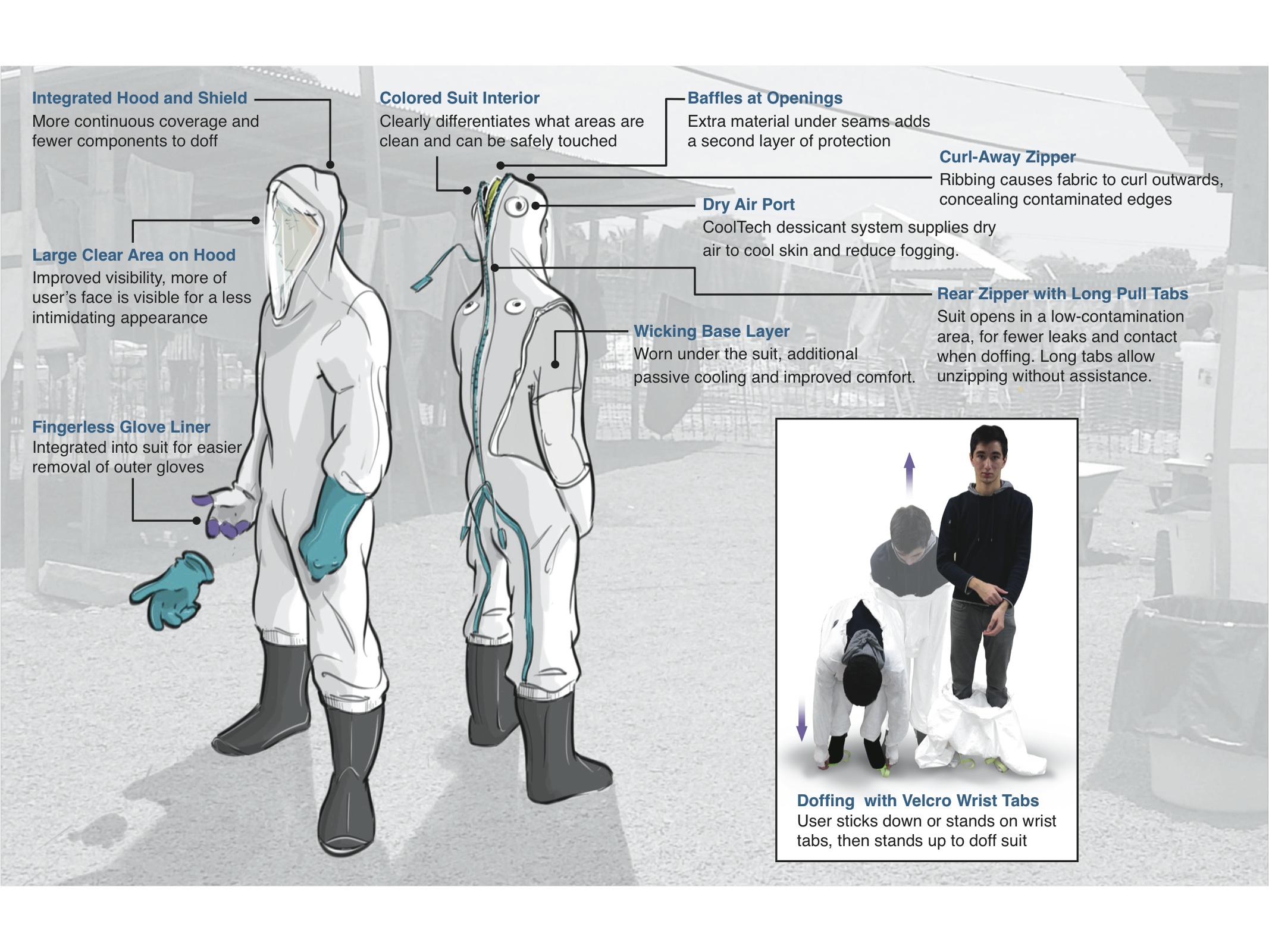
Suit, patch allow doctors to safely treat Ebola patients
At SXSW this week, USAID unveiled a biomedical suit and a wearable sensor patch to protect doctors while treating Ebola patients. The John’s Hopkins developed suit takes two minutes to put on. It has anti-fogging capabilities and will contain a cooling system, allowing doctors to wear it for longer periods. Past protective suits took 30 minutes to put on, were…
-
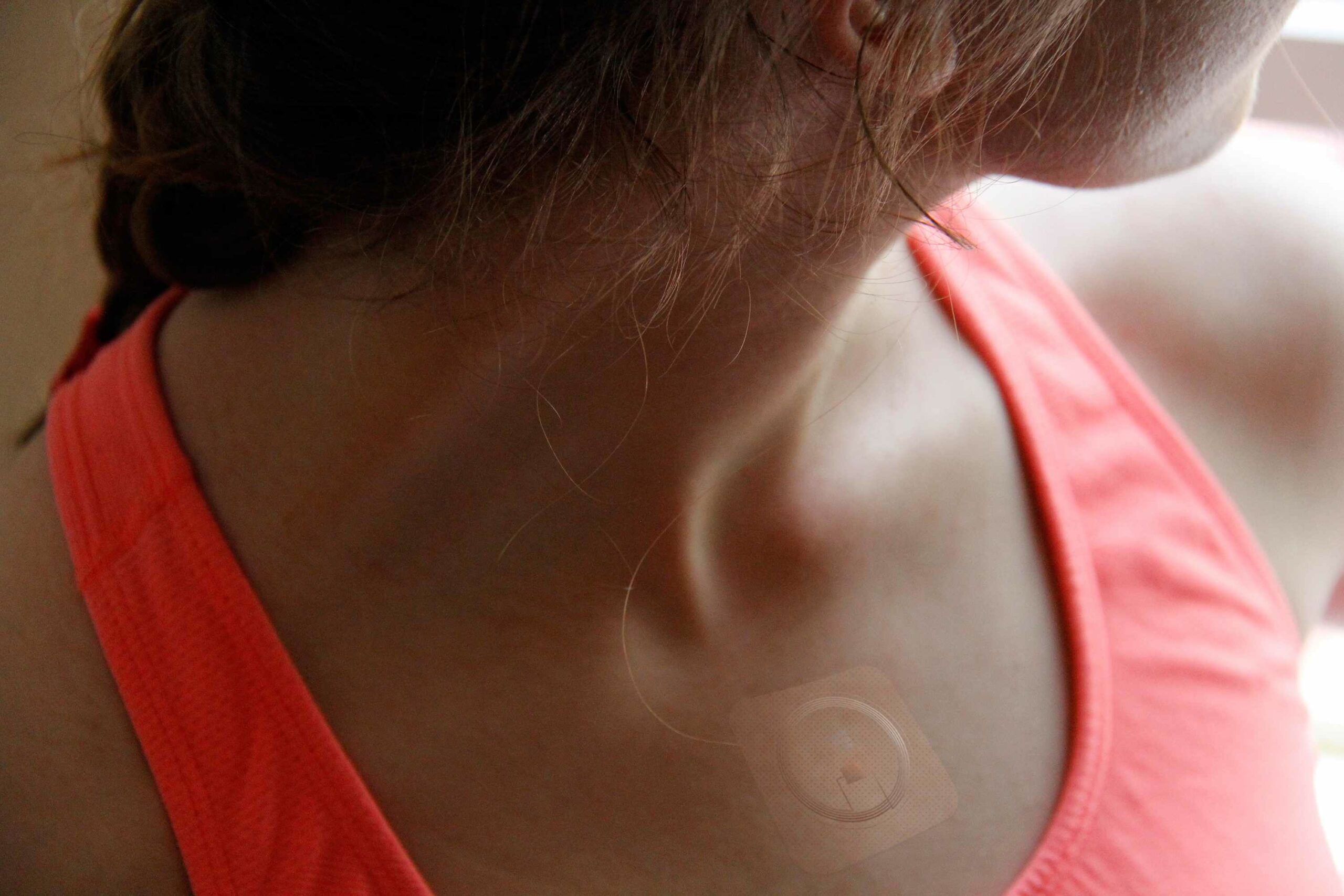
Biosensor patch to manage obesity, diabetes
Mayo Clinic and Gentag have announced the joint development of wireless, disposable patch sensors to monitor and manage obesity and diabetes. The wearables will communicate with smartphones via a closed-loop diabetes management system. Other indicators monitored by Gentag patches include heart rate, temperature, hydration, sweat, blood sugar, lactic acid, electrolytes and other biomarkers. It is unclear how many of these…
-
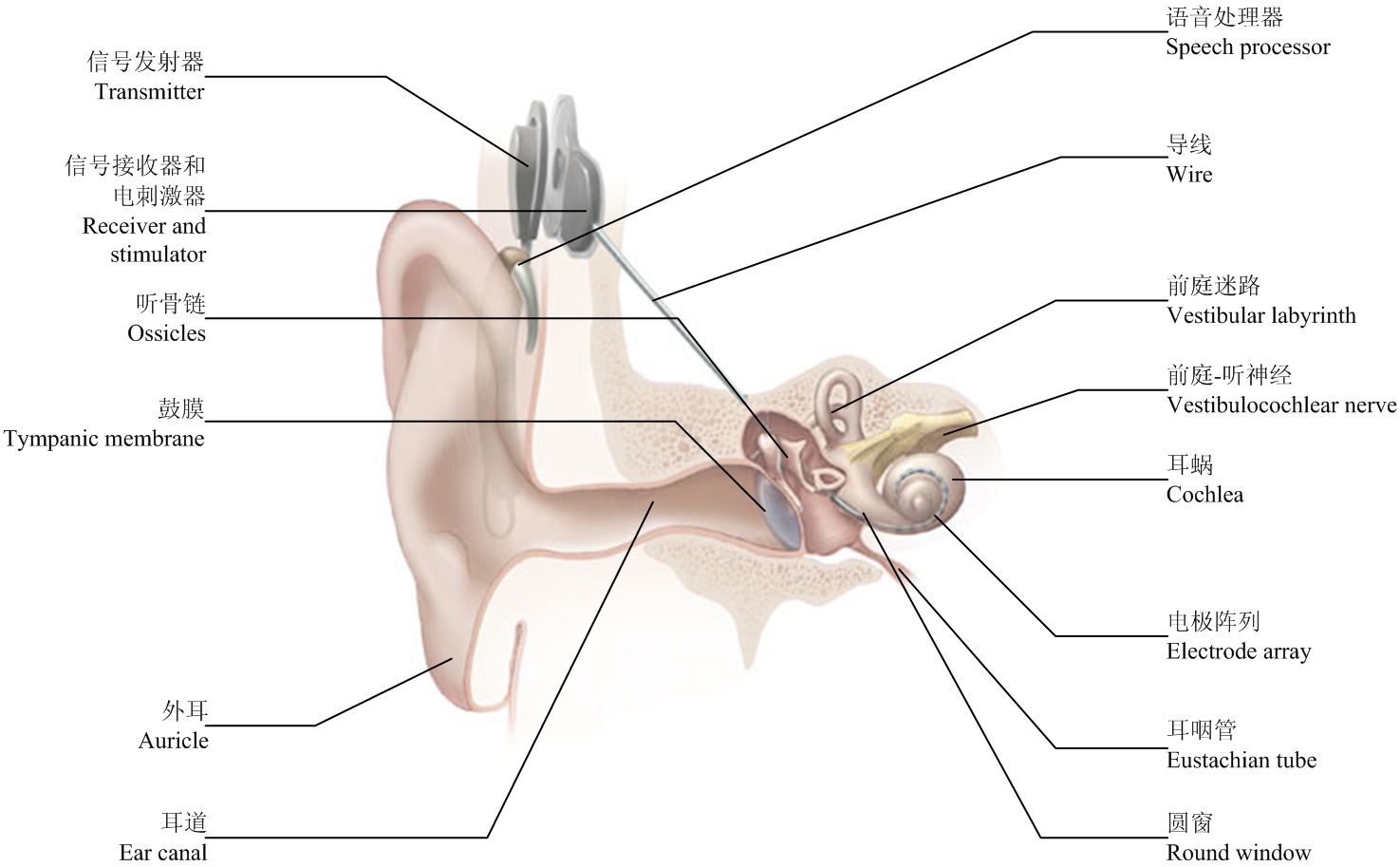
Cochlear implant could improve senior cognition, mood
Pitie-Salpetriere Hospital researchers examined 94 cochlear implant patients 3 times — before they received the device, 6 months after implantation, and 1 year after implantation. A year after the implant, (65 – 85 year old) subjects heard words more clearly, and most had improved cognition and fewer depression symptoms. Dr. Isabelle Mosnier and colleagues detailed…
-
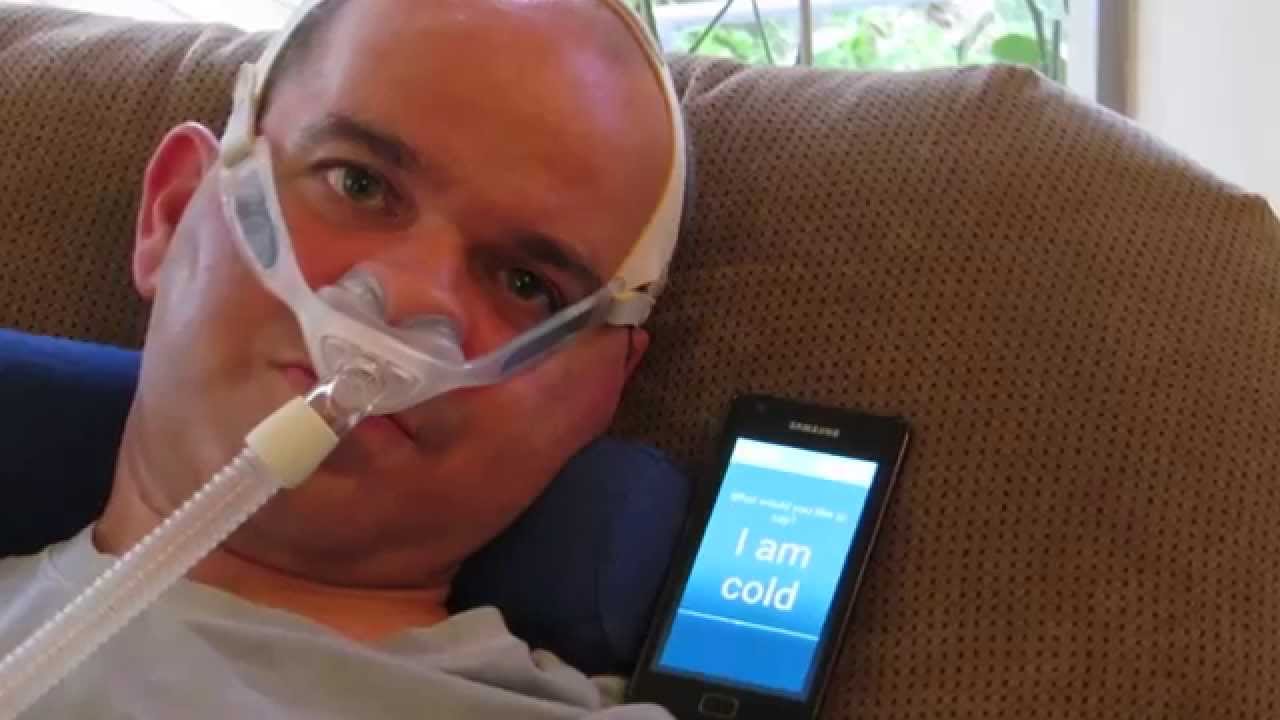
Eye controlled communication device for locked-in patients
A communication device for locked-in patients was unveiled at the BrainTech Israel conference today. Shay Rishoni is the CEO of Prize4Life, the Israel based ALS research group. He has suffered from ALS for 5 years, and is now unable to communicate. Today, on the conference stage, Shay used Hello World‘s EyeControl, a blink driven, inexpensive, automatically…
-
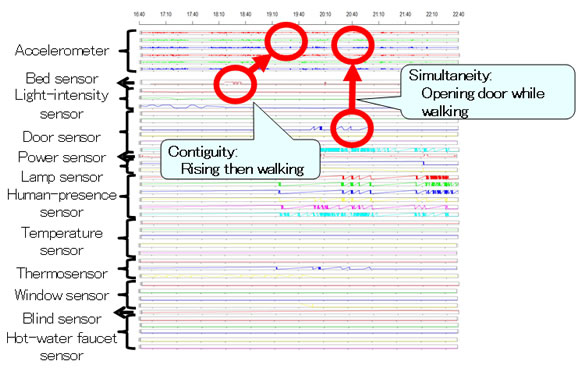
Home + wearable sensors detect motor function issues
Fujitsu Laboratories, CASALA, and Insight@UCD have developed technology that detects abnormal motor function early using wearable and home embedded sensors. 110 ambient sensors were installed in a home which, combined with wearable sensors, collected extensive daily routine data. Researchers discovered abnormalities that often go unnoticed by doctors by extracting “opened door” or “walked” events that…
-
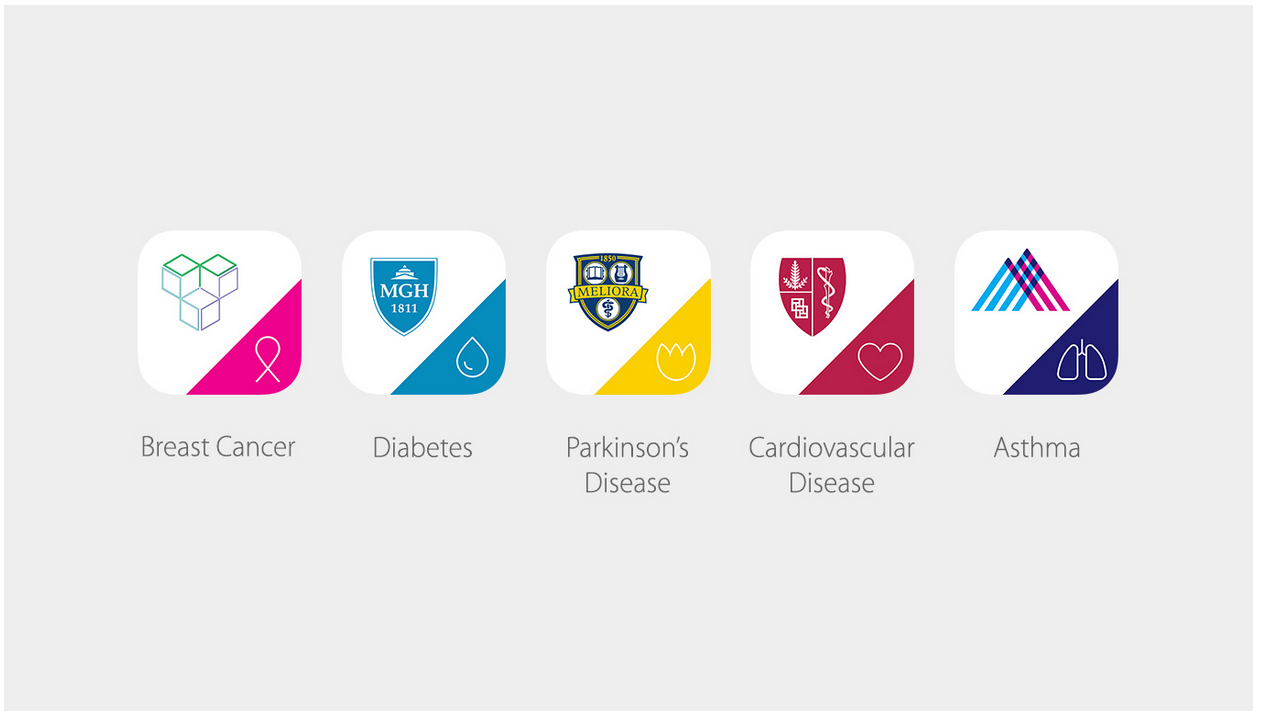
ResearchKit can simplify, improve diagnostics
As a company devoted to improving the human condition through health innovation, ApplySci was delighted to hear yesterday’s ResearchKit announcement. The framework allows people to easily join health studies, and simplifies the process by bringing research to one’s phone. ResearchKit’s first tests detect Parkinson’s disease, diabetes, cardiovascular disease, asthma, and breast cancer. Apple worked with 12 institutions to…
-
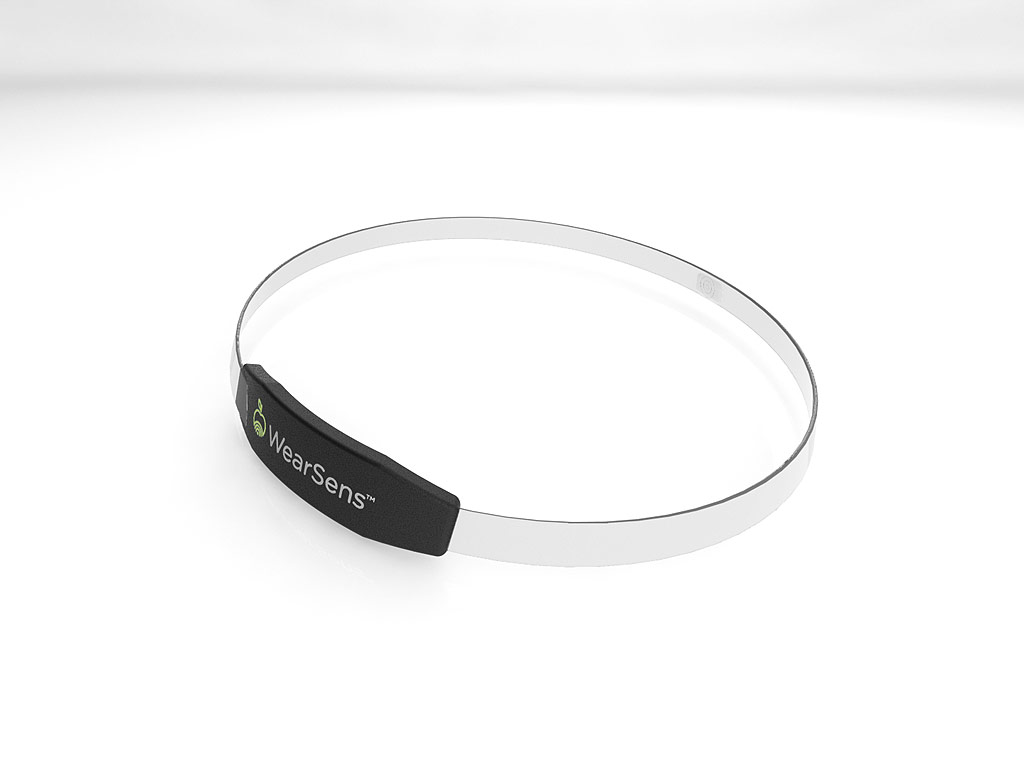
Smart necklace tracks food intake
UCLA’s Majid Sarrafzadeh, Haik Kalantarian and Nabil Alshurafa are developing WearSens, a piezoelectric sensor necklace that tracks vibrations near one’s neck to determine food intake. The wearable works with apps, such as MyFitnessPal, to monitor food eaten (as well as drinking and smoking), including calories, and make wellness recommendations. Its creators compare it to a wearable food diary…
-

Nanoparticle device disrupts cancer genes
MIT researchers have developed a gold nanoparticle device embedded in a hydrogel that can be injected or implanted at a tumor site to disrupt cancer genes. The nanodevice blocks the gene that confers drug resistance, then launches a new chemotherapy attack against the vulnerable tumor. Nuria Oliva, Natalie Artzi, and Joao Conde tested the device in…
-

Video game trains brain to combat amblyopia
Game developer Ubisoft, with Amblyotech and McGill University, has released “Dig Rush,” a video game used to treat amblyopia. Amblyopia is caused when the eyes and the brain aren’t working together, because one eye is stronger or the eyes are misaligned. Patching, the traditional treatment for amblyopia, attempts to force the weaker eye to work harder…
Got any book recommendations?